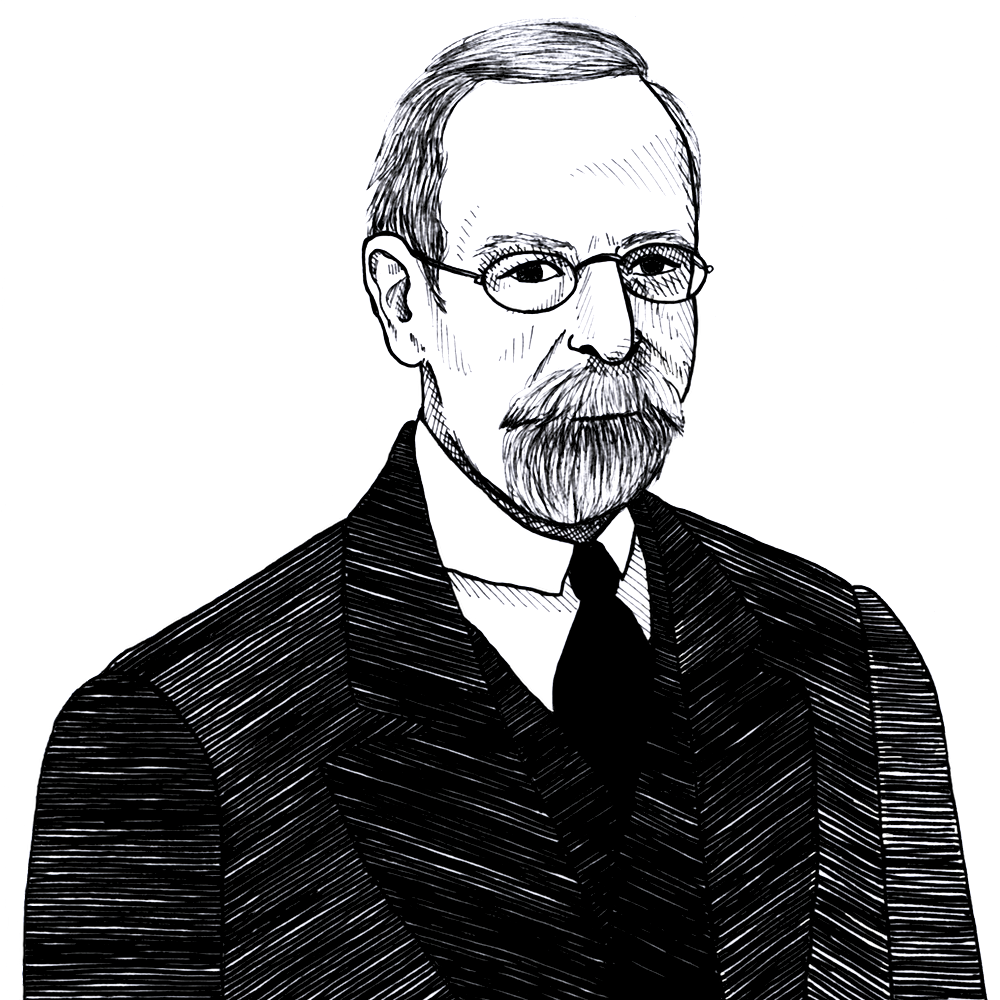
Frederick Pollock argues that a violent assault on the football field is not an actionable tort because it is part of the activities of a voluntarily agreed to association of adults (1895)
Found in: The Law of Torts (4th ed.)
Sir Frederick Pollock (1845-1937) makes a distinction in his discussion of torts between doing justified and unjustified harm to others. Since playing football is a voluntary activity where the rules are agreed to in advance by the players, then what ostensibly looks like a violent assault on the field, or what he called “a confused fight of savages,” is just a tackle:
Sport and Liberty
There are incidents, again, in every football match which an uninstructed observer might easily take for a confused fight of savages, and grave hurt sometimes ensues to one or more of the players. Yet, so long as the play is fairly conducted according to the rules agreed upon, there is no wrong and no cause of action. For the players have joined in the game of their own free will, and accepted its risks. Not that a man is bound to play football or any other rough game, but if he does he must abide its ordinary chances. Here the harm done, if not justified (for, though in a manner unavoidable, it was not in a legal sense necessary), is nevertheless excused.